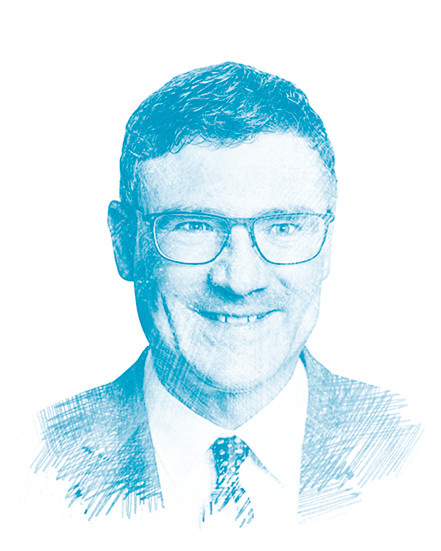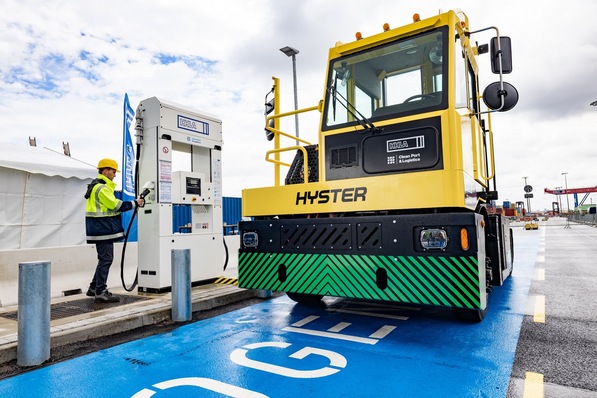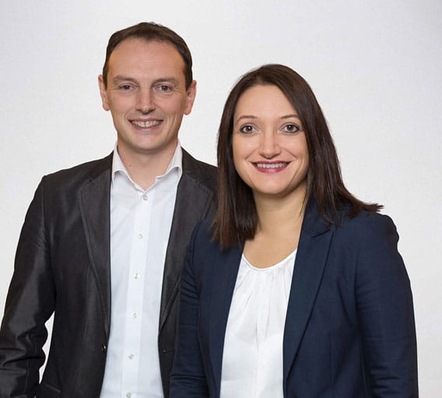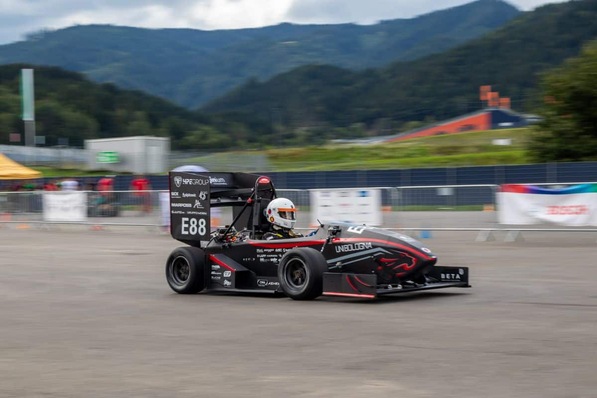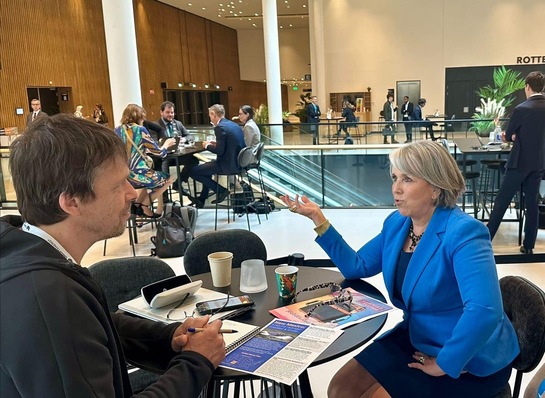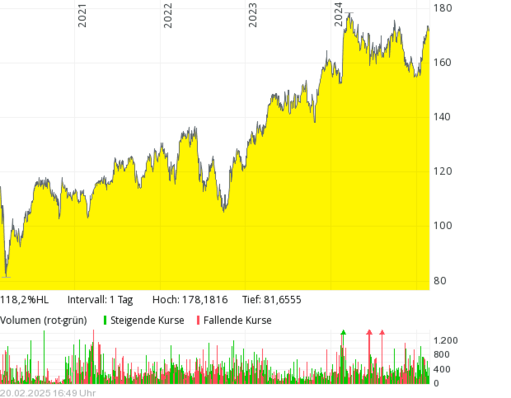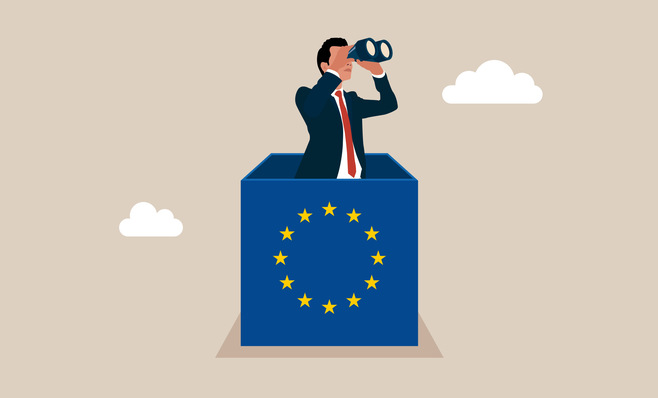The venue: London. For several months now, negotiations have been underway at the International Maritime Organization (IMO) on the IMO Net-Zero Framework. In April, an outcome was reached that is to be officially adopted in October. The key elements: a new fuel standard for ships and a global mechanism for carbon pricing.
To anticipate the result: despite some weaknesses, the IMO framework establishes a legally binding system for reducing greenhouse gas emissions in global shipping. If implemented carefully, it could have a significant impact on the development of green fuel markets worldwide, comparable to quotas for SAF in aviation.
The outcome in April was not a foregone conclusion. Influential countries such as India opposed the framework. It was only when major companies from the renewables sector made it clear to the Indian government what opportunities quotas for domestic production of green fuels could offer that the government began to support it. Other countries, such as China, also recognized the potential of a quota system for ramping up a global market for green derivatives and advocated for the initiative in many lengthy background discussions in London.
Striking the right balance is crucial to securing the approval of as many IMO member states as possible in October. The planned IMO Net-Zero Fund is therefore intended to combine incentives for “zero or near zero” (ZNZ) fuels with support for a just transition, including payments to particularly affected countries. To send a positive signal and generate a beneficial effect on the ramp-up of the hydrogen economy in Germany, the definition and premium rules for ZNZ fuels must prioritize scalable and truly near-zero-emission solutions such as green ammonia. Support must focus on those green fuels that will be needed in the long term and are currently difficult to scale due to a lack of demand.
Nevertheless, not all member states are satisfied with the outcome from April. Some are trying to block or weaken the agreement and delay its implementation. Several oil-exporting countries reject the plan and are promoting LNG for maritime transport. Countries that are heavily dependent on shipping for trade fear rising inflation, particularly in energy, fertilizer, and food prices.
The U.S. government recently joined forces with petro-states to threaten other IMO members who intend to vote for the Net-Zero Framework in October with severe countermeasures. An unprecedented move. On the other hand, many island states abstained from voting in April. They consider the process inadequate for protecting vulnerable countries from the impacts of climate change.
In the coming weeks, supporters of the IMO framework must mobilize further international backing. In particular, Denmark (holding the Council Presidency) and Germany should demonstrate leadership together with the EU. At present, the EU member states are coordinating their position under the leadership of the European Commission. A good development!



